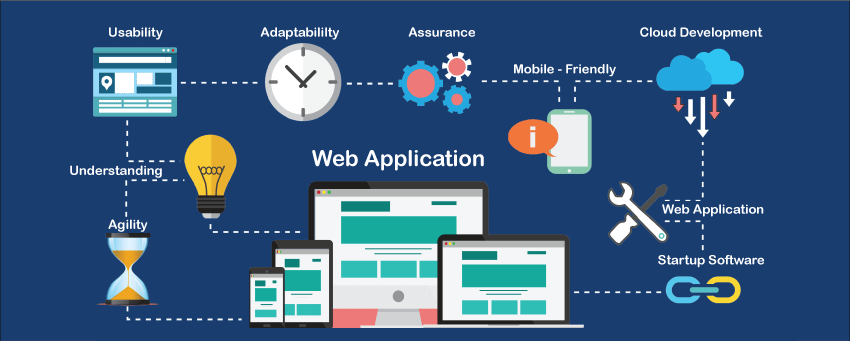In the ever-evolving landscape of healthcare, drug and alcohol treatment centers are recognizing the transformative power of technology in enhancing patient care. One key aspect that has significantly contributed to the efficiency and effectiveness of these centers is the adoption of web-based software tools. In this BedRez blog post, we will explore the importance of leveraging such tools in the context of drug and alcohol treatment centers and how they contribute to a holistic and streamlined approach to rehabilitation.
- Efficient Patient Management:
Web-based software tools provide drug and alcohol treatment centers with efficient systems for patient management. From intake assessments to ongoing treatment plans, these tools streamline the administrative processes, allowing healthcare professionals to focus more on patient care and less on paperwork. With centralized and easily accessible digital records, staff can quickly retrieve patient information, update treatment plans, and ensure a seamless continuity of care.
- Enhanced Communication and Collaboration:
Effective communication is paramount in the treatment of substance abuse, where a collaborative approach is often essential. Web-based tools facilitate real-time communication among healthcare professionals, counselors, and support staff. Shared platforms enable instant updates on patient progress, ensuring that everyone involved in the treatment process is informed and can adapt interventions accordingly. This collaborative environment fosters a sense of teamwork and unity among staff members, ultimately benefiting the patients.
- Secure and Accessible Documentation:
Privacy and security are critical in the healthcare industry, especially in the treatment of sensitive issues such as drug and alcohol addiction. Web-based software tools provide a secure platform for storing and managing patient records, ensuring compliance with privacy regulations. Additionally, the accessibility of digital documentation allows authorized personnel to access critical information securely, facilitating better-informed decision-making and contributing to the overall quality of care.
- Personalized Treatment Plans:
One size does not fit all when it comes to substance abuse treatment. Web-based software tools empower treatment centers to create personalized and evidence-based treatment plans for each patient. These tools often incorporate data analytics and reporting features, allowing healthcare professionals to analyze trends and outcomes. This data-driven approach enables continuous refinement of treatment strategies, ensuring that patients receive the most effective and tailored interventions for their unique needs.
- Remote Monitoring and Aftercare Support:
The journey to recovery extends beyond the confines of treatment centers. Web-based tools facilitate remote monitoring of patients post-treatment, allowing healthcare providers to track progress and offer support as needed. These tools may include virtual support groups, teletherapy sessions, and educational resources, promoting long-term sobriety and reducing the risk of relapse. The accessibility of aftercare support through web-based platforms contributes to a comprehensive and continuous care model.
As drug and alcohol treatment centers strive to provide compassionate and effective care, the incorporation of web-based software tools emerges as a pivotal strategy. From efficient patient management to enhanced communication, the impact of these tools on the treatment process is profound. By embracing technology, treatment centers can not only streamline their operations but also offer more personalized and comprehensive care, ultimately contributing to the success of individuals on their journey to sobriety. The integration of web-based software tools marks a significant step forward in the evolution of addiction treatment, emphasizing the importance of leveraging technology to support and empower both patients and healthcare professionals.
BedRez LLC | bedrez.com | [email protected]
